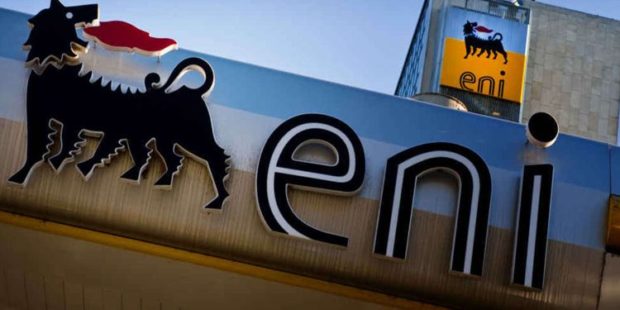Eni, Equinor deals in Nigeria approved after months of delay
Equinor Nigeria Energy held a 53.85% stake in oil and gas lease OML 128 and a unitized 20.21% stake in the Agbami oil field, operated by Chevron Corp.

Nigerian regulators approved the sales of units of Eni SpA and Equinor ASA after months of delay as oil majors continue exiting problematic onshore operations in the West African nation.
The acquisitions of Eni’s Nigerian Agip Oil Company Ltd. by Oando and those of Equinor by Project Odinmim Investments Ltd. were announced at an industry event Wednesday in Abuja. The prices weren’t disclosed.
- Advertisement -
Both deals were held up by due diligence to “reduce risk of divestors evading legacy obligations and transferring them to new investors,” said Gbenga Komolafe, the head of the Nigerian Upstream Regulatory Agency. The signings of the deals will take place in the “coming days,” he said.
- Advertisement -
Italian firm Eni announced in Sept. 4 an agreement to sell a unit that has a 20% operating stake in four onshore oil and gas blocks. The deal doesn’t include NAOC’s 5% share of Shell Petroleum Development Co., and Eni will continue participating in Nigeria LNG Ltd. and other assets.
Norway’s Equinor said in November it entered into an agreement to sell its local business to little-known Chappal Energies Mauritius Ltd. The deal was completed through Project Odinmim, a special purpose vehicle owned by the Mauritian company.
- Advertisement -
Equinor Nigeria Energy held a 53.85% stake in oil and gas lease OML 128 and a unitized 20.21% stake in the Agbami oil field, operated by Chevron Corp.
Two other divestment deals by Shell Plc and Exxon Mobil Corp. are at different stages of finalization, Komolafe said. Shell submitted documents to sell its Nigerian units to Renaissance, a consortium of local companies, for $1.3 billion, while Exxon opted for a ministerial consent in its deal with Seplat Energy Plc.
Oil majors in Nigeria have been offloading onshore and shallow water blocks — located in a challenging operating environment, where infrastructure damage from crude theft is a regular occurrence — to domestic producers for more than a decade.
The trend is accelerating as international firms focus on deep-water projects in Africa’s largest oil producer.
Source:norvanreports.com
- Advertisement -



